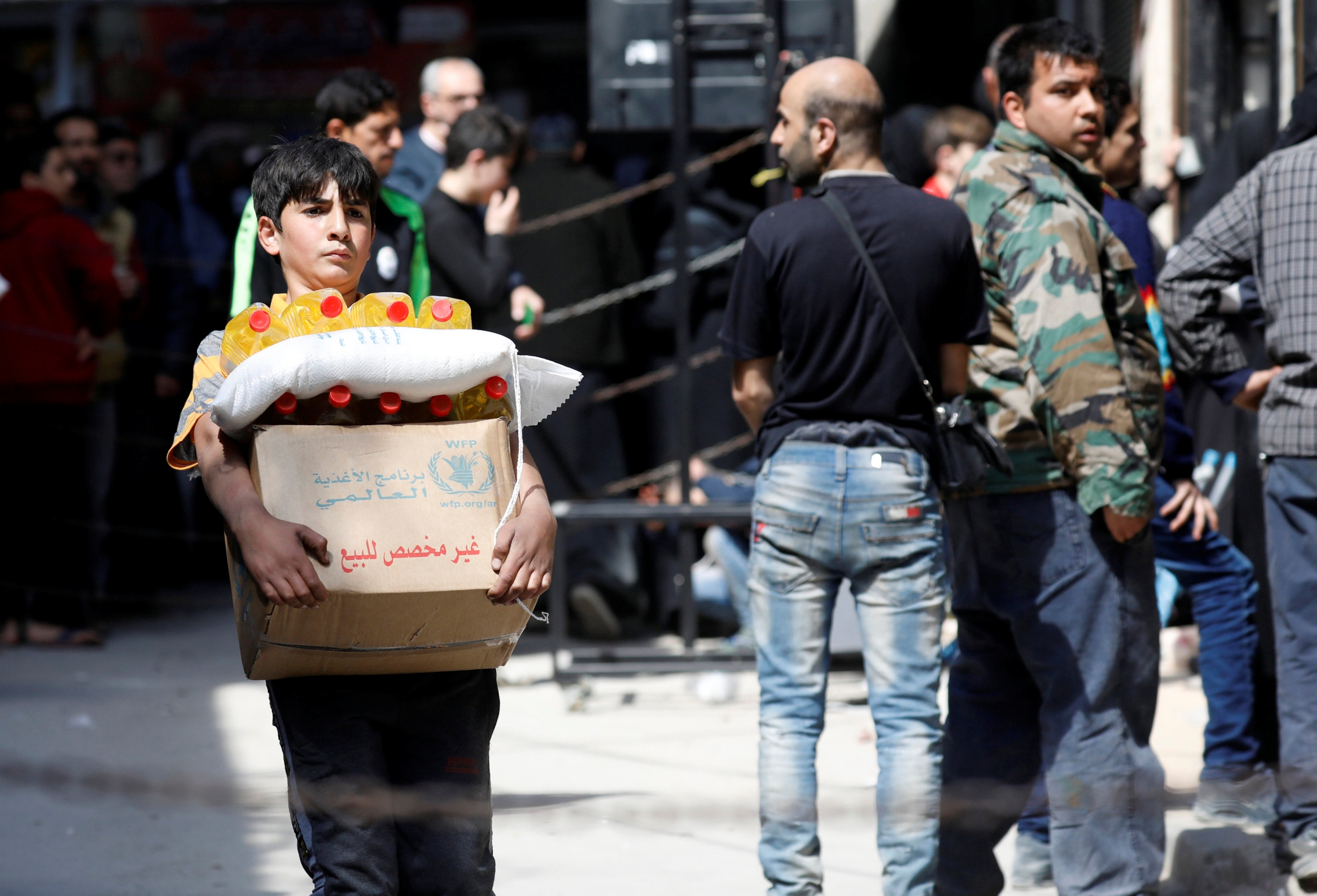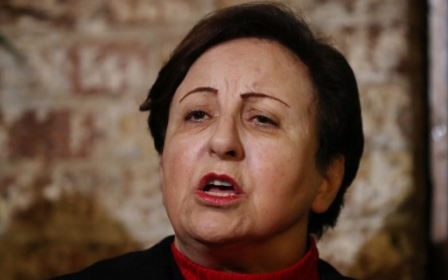Arabic press review: Syrian war has left population facing food 'catastrophe'

Egypt blocks news site over budget revelations
Egypt blocked the Al-Mal business news website after disclosing the true scale of the Egyptian government's budget deficit.
According to Arabi21, Al-Mal also reported on the expected withdrawal of Asus, a Taiwanese electronics company, from Egypt's smartphone market.
Since 2017, Egypt has blocked more than 500 websites. The blocking of Al-Mal coincided with the banning of articles by writers Abdallah al-Sennay and Abdel Azim Hammad.
While Sennay had criticised the Egyptian government in his article, Hammad told his Facebook followers that Shorouk newspaper had not censored his work but that his articles had been banned due to "considerations of Saudi Arabia".
New MEE newsletter: Jerusalem Dispatch
Sign up to get the latest insights and analysis on Israel-Palestine, alongside Turkey Unpacked and other MEE newsletters
Syrians face 'food security catastrophe'
The armed conflict in Syria has led to a "food security catastrophe" for the population, with more than 93 percent of Syrians living in “poverty and deprivation”, according to a report by the Saudi daily Asharq Al-Awsat.
The Syrian Centre for Policy Research (SCPR) noted that its research revealed that warring sides in the Syrian civil war had used deprivation of food as a "tool of war".
Total losses in the Syrian economy due to the war were estimated at $380 billion by the end of 2017. Living costs have continued to rise as income sources, salaries, and job opportunities have declined, according to the same research.
Violence against Moroccan women on the rise
A Moroccan government study has shown that violence against women has risen across the country, the London-based Al-Quds Al-Arabi reported.
The study showed that women aged between 25 and 29 are the most vulnerable to violence, with women who are engaged or married facing the brunt of the abuse.
The figures, revealed by the Ministry of Family, Solidarity, Equality and Social Development, came after the Moroccan anti-violence against women law came into force in September. Minister Bassima Hakkaoui had described the law at the time as "revolutionary”.
* Arabic press review is a digest of reports that are not independently verified as accurate by Middle East Eye.
Middle East Eye delivers independent and unrivalled coverage and analysis of the Middle East, North Africa and beyond. To learn more about republishing this content and the associated fees, please fill out this form. More about MEE can be found here.




